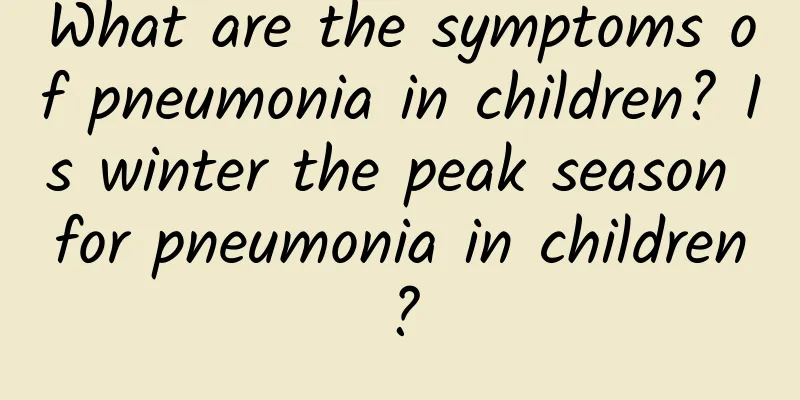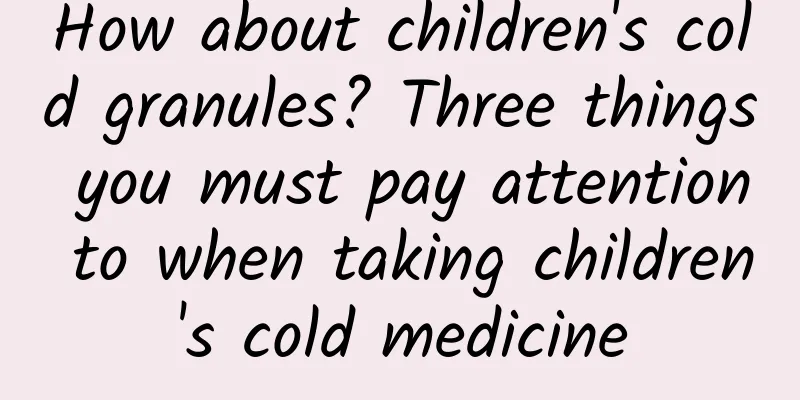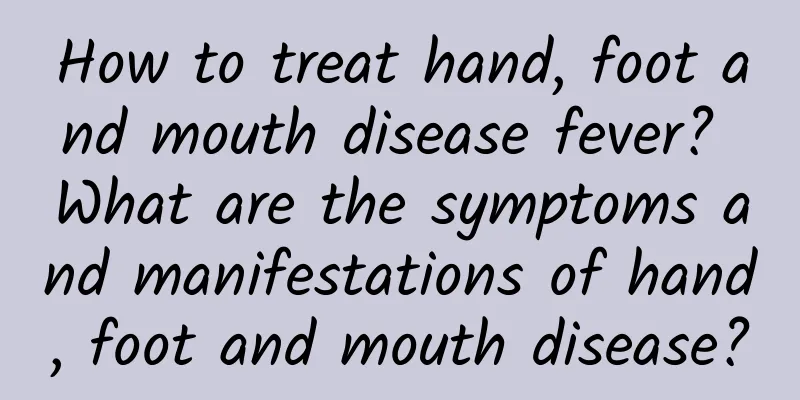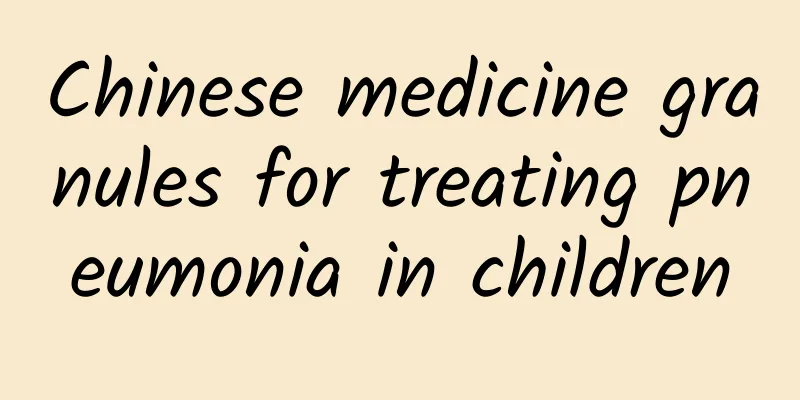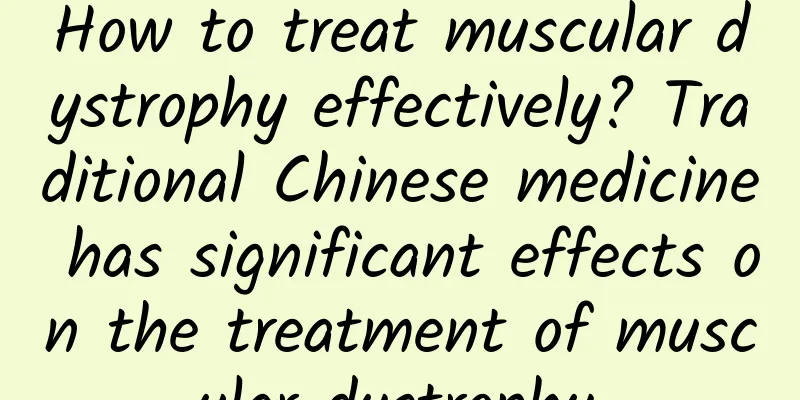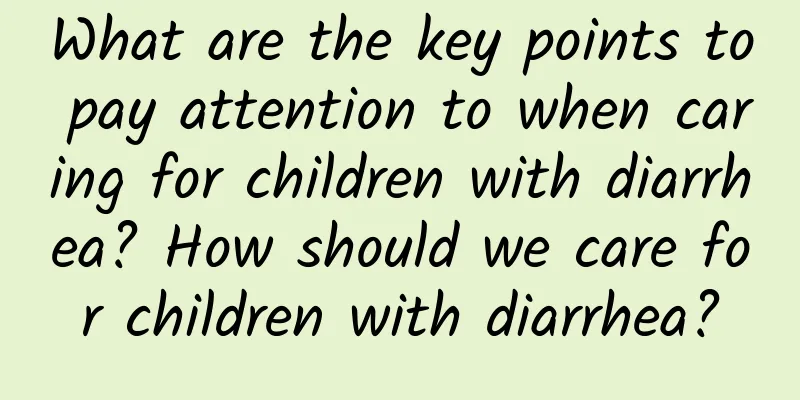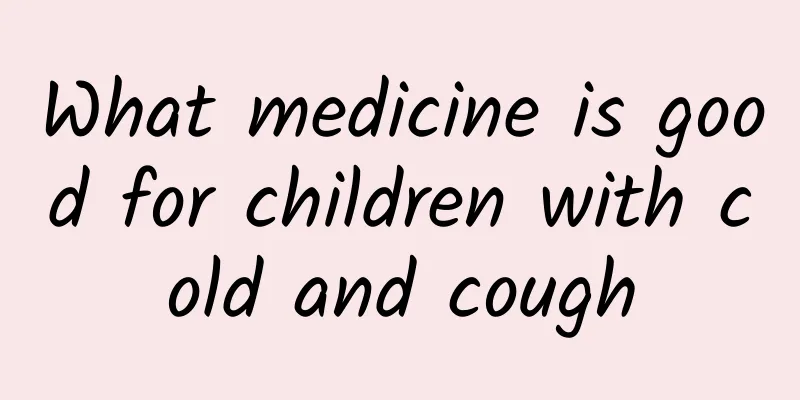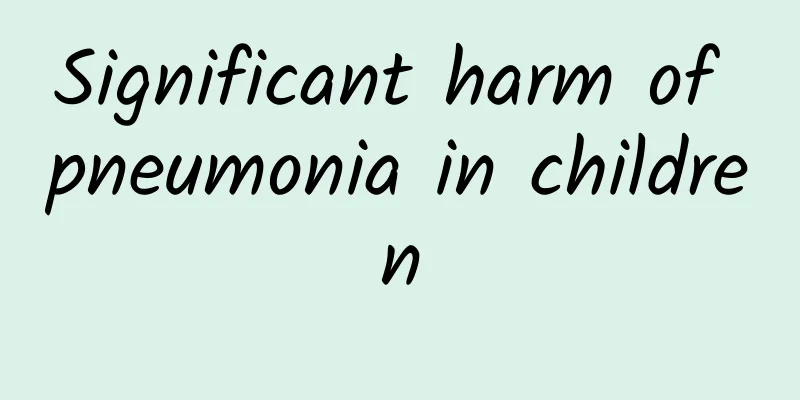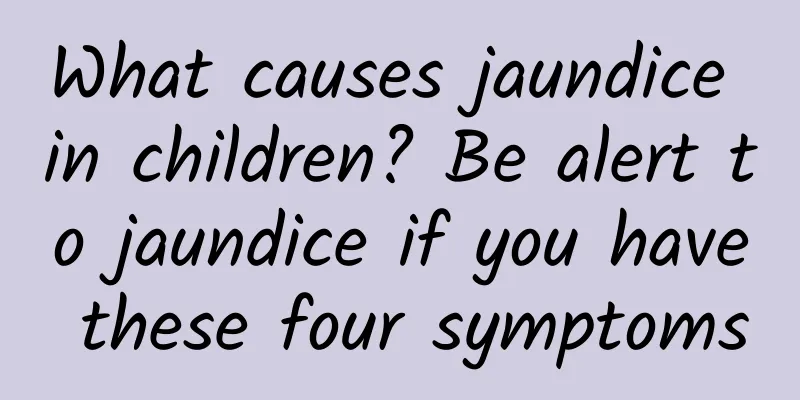What is the difference between acute laryngitis and cold in children?
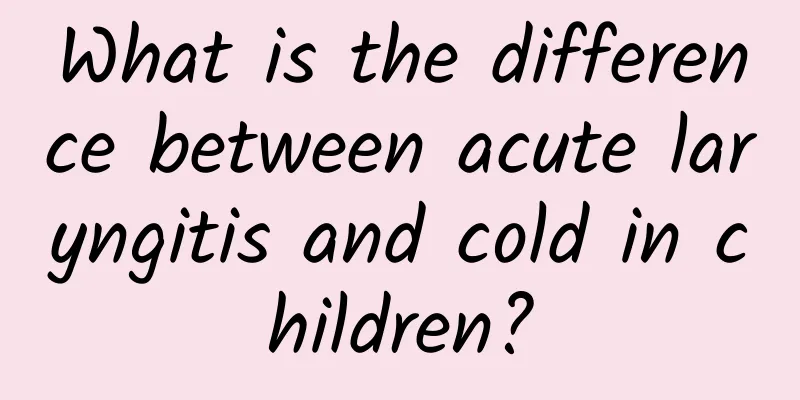
|
What is the difference between acute laryngitis and a cold in children? It is common for children to get sick. For the more common cold in children, parents can usually solve it by themselves. However, acute laryngitis in children develops rapidly and causes serious harm to the children. The early symptoms are similar to those of a cold, which causes parents to mistakenly think it is a cold and delays the treatment time. So, what is the difference between acute laryngitis and a cold in children? Colds generally refer to common upper respiratory tract infections, while influenza is caused by viral infections. Acute laryngitis in children is mostly caused by bacterial or viral infections. The initial symptoms are similar to those of a cold, with fever and cough. When the inflammation spreads and invades the larynx, a special bamboo-breaking cough may occur, which often occurs at night. The child will suddenly wake up and cry. Due to poor breathing, the child may experience depression of the suprasternal fossa, supraclavicular fossa and intercostal space when inhaling, accompanied by rapid heartbeat, irritability, bluish lips and flaring nose. When the condition worsens, the child will be listless, with a weakened pulse and reduced breath sounds. This is not an improvement in the condition, but a systemic failure caused by respiratory obstruction. If not treated in time, it will be life-threatening. If parents find that their children have symptoms such as coughing and runny nose, and soon develop a cracking cough, they should not think that it is just a cold. They should take their children to the hospital for examination and treatment, otherwise the children may develop laryngeal spasm and laryngeal obstruction in a very short time. Acute laryngitis can be effectively controlled within a few hours as long as it is discovered and treated in time, and most cases will improve significantly within 1-2 days. Acute laryngitis in children is much more dangerous than that in adults. If not diagnosed and treated in time, severe cases may require tracheotomy, which may even endanger life. Therefore, parents should pay attention to their children. If they suddenly become hoarse or cough abnormally, they should try to make them rest quietly, stop crying, and go to the hospital in time. At night, when children fall asleep, they should be covered with a blanket to prevent them from catching cold. |
<<: What diseases are likely to be complicated by acute laryngitis in children
>>: Breast milk diarrhea has several symptoms
Recommend
Can I go to school after 5 days of having mumps?
Children with mumps are generally not allowed to ...
Mild polio symptoms
Symptoms of mild polio mainly include early manif...
Can massage cure patent ductus arteriosus?
Patent ductus arteriosus is a common disease in t...
Will neonatal jaundice heal on its own?
Will neonatal jaundice get better on its own? Neo...
How to bask in the sun when your baby has jaundice
In life, many newborns will suffer from jaundice ...
What causes jaundice in newborn babies?
High jaundice in newborn babies may be related to...
ADHD affects children's learning
The occurrence of diseases such as ADHD in childr...
Acupuncture treatment for poliomyelitis
Polio is a disease that babies are very likely to...
Symptoms of phenylketonuria in children
Phenylketonuria in children requires early interv...
What are the early symptoms of polio?
Polio is a very serious acute infectious disease....
Is polio curable?
Polio is a relatively serious disease that troubl...
Is hand, foot and mouth disease in young children highly contagious?
Hand, foot and mouth disease in young children is...
What causes neonatal jaundice?
Neonatal jaundice is mainly caused by abnormal bi...
How to treat allergic cough in children How to use medicine for allergic cough in children
Children's body systems are not fully develop...
Can children's hernia heal itself? 3 ways to treat children's hernia by themselves
Whether a child's hernia can heal itself depe...
